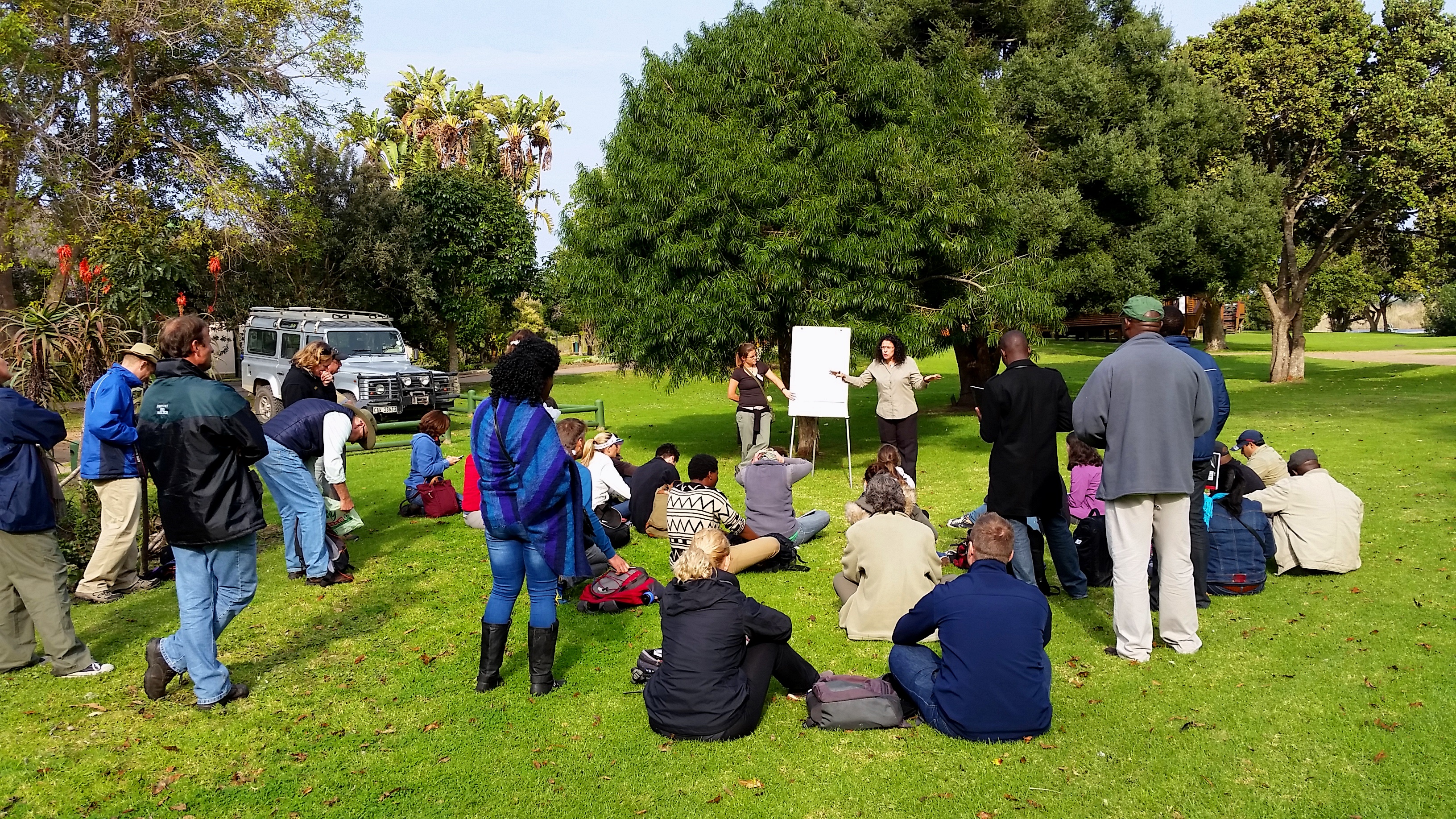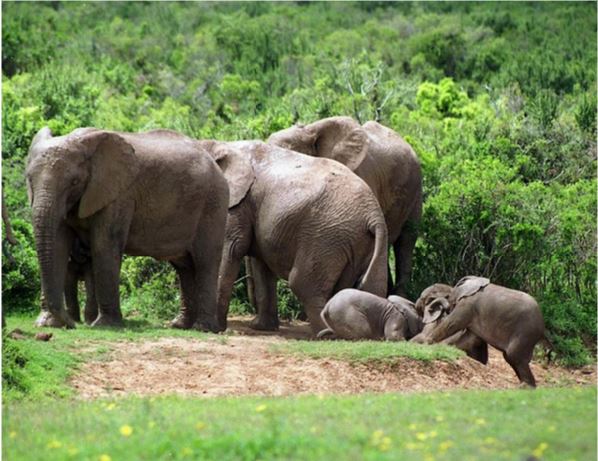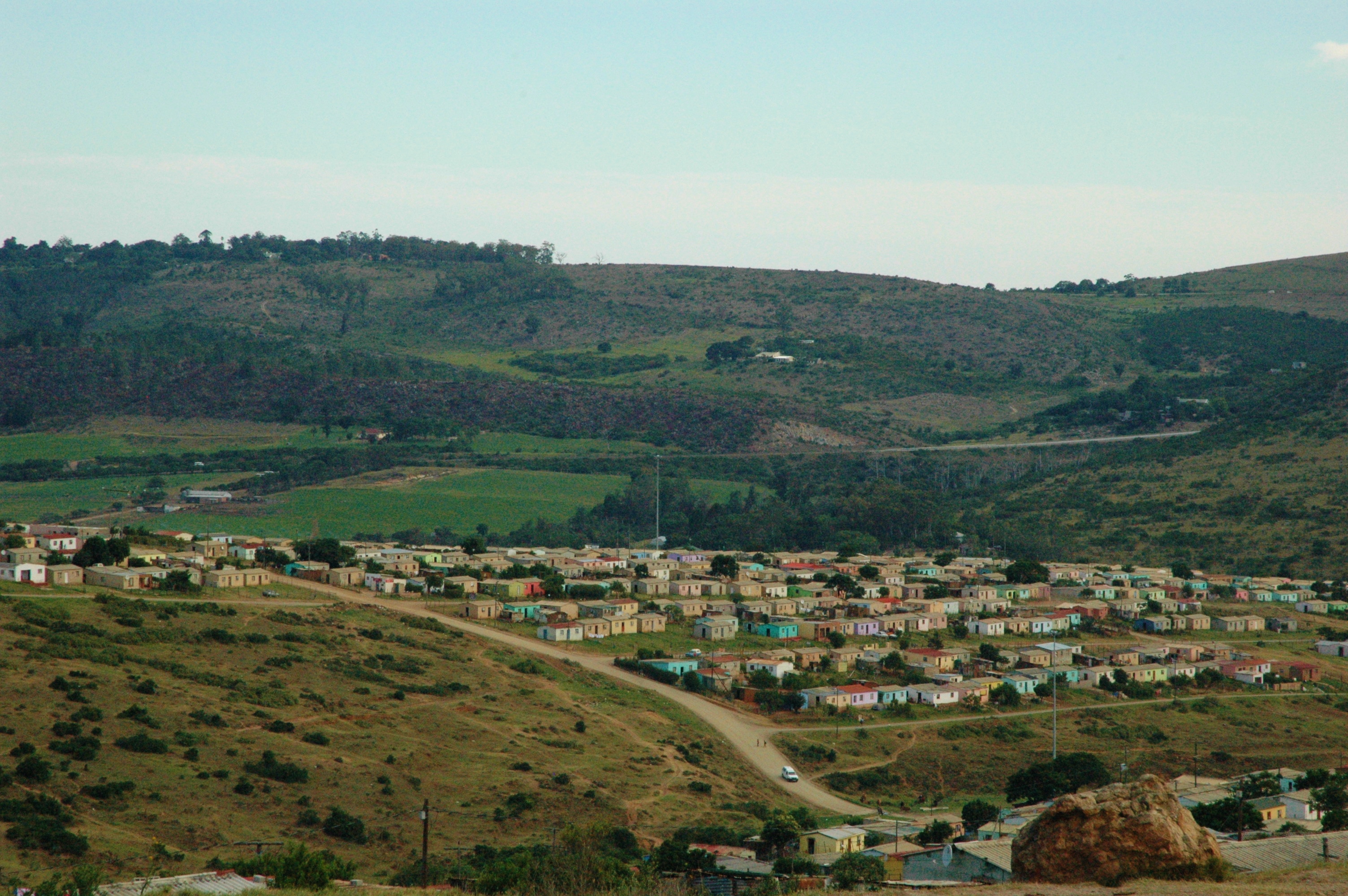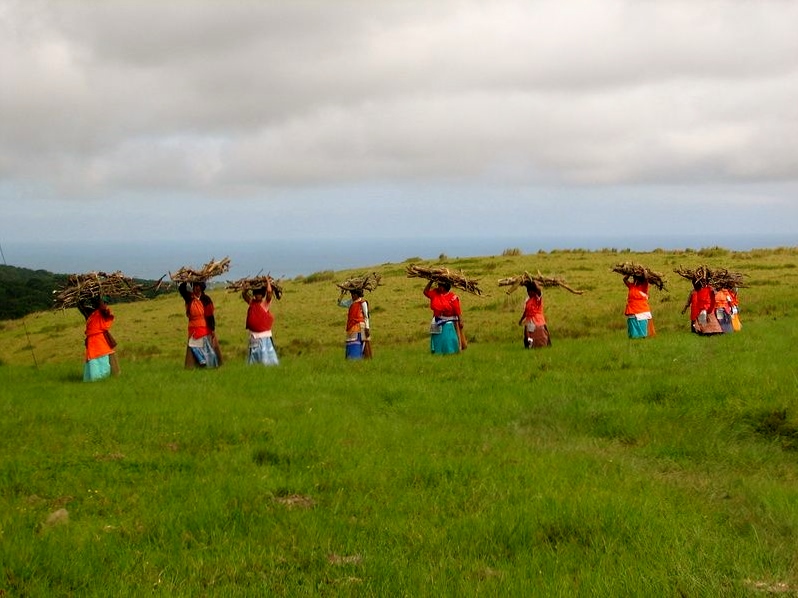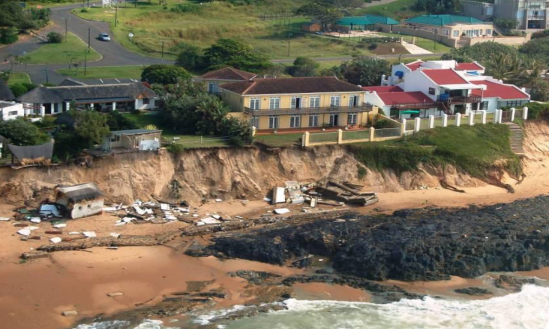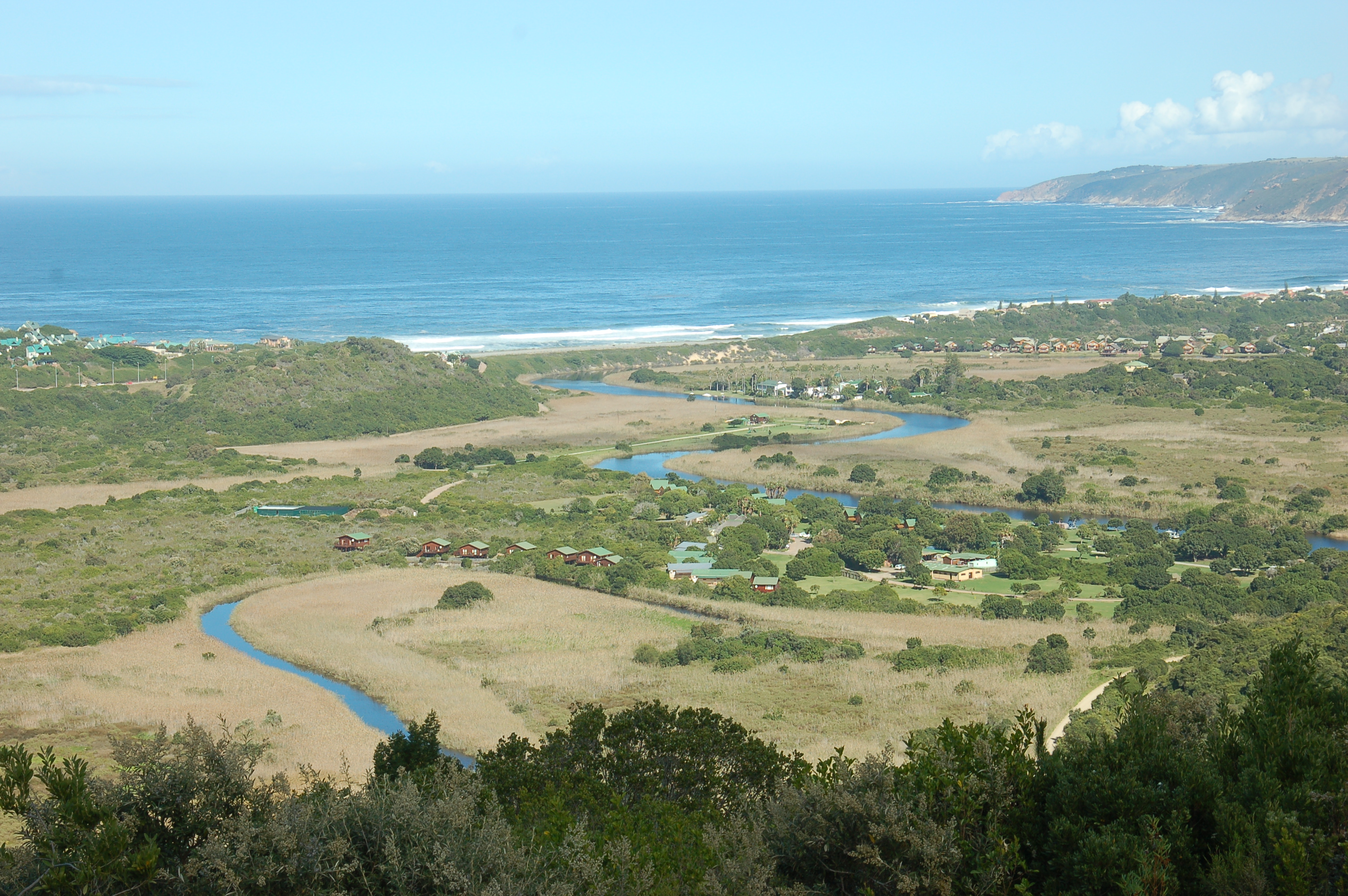SAPECS Winter School turns up the heat in the Garden Route
Surrounded by the beautiful Outeniqua Mountains and situated within deeply green pine plantations, the NMMU campus at Saasveld provided a perfect retreat from the hustle and bustle of everyday life for 21 students from all over southern Africa. The students had gathered in this tranquil place near George, South Africa, to participate in the very first SAPECS winter school held from the 30th of June to the 4th of July 2014. The main goal of the winter school was to develop the capacity of these new scholars in the field of social-ecological systems to plan, execute and interpret their research. [...]


